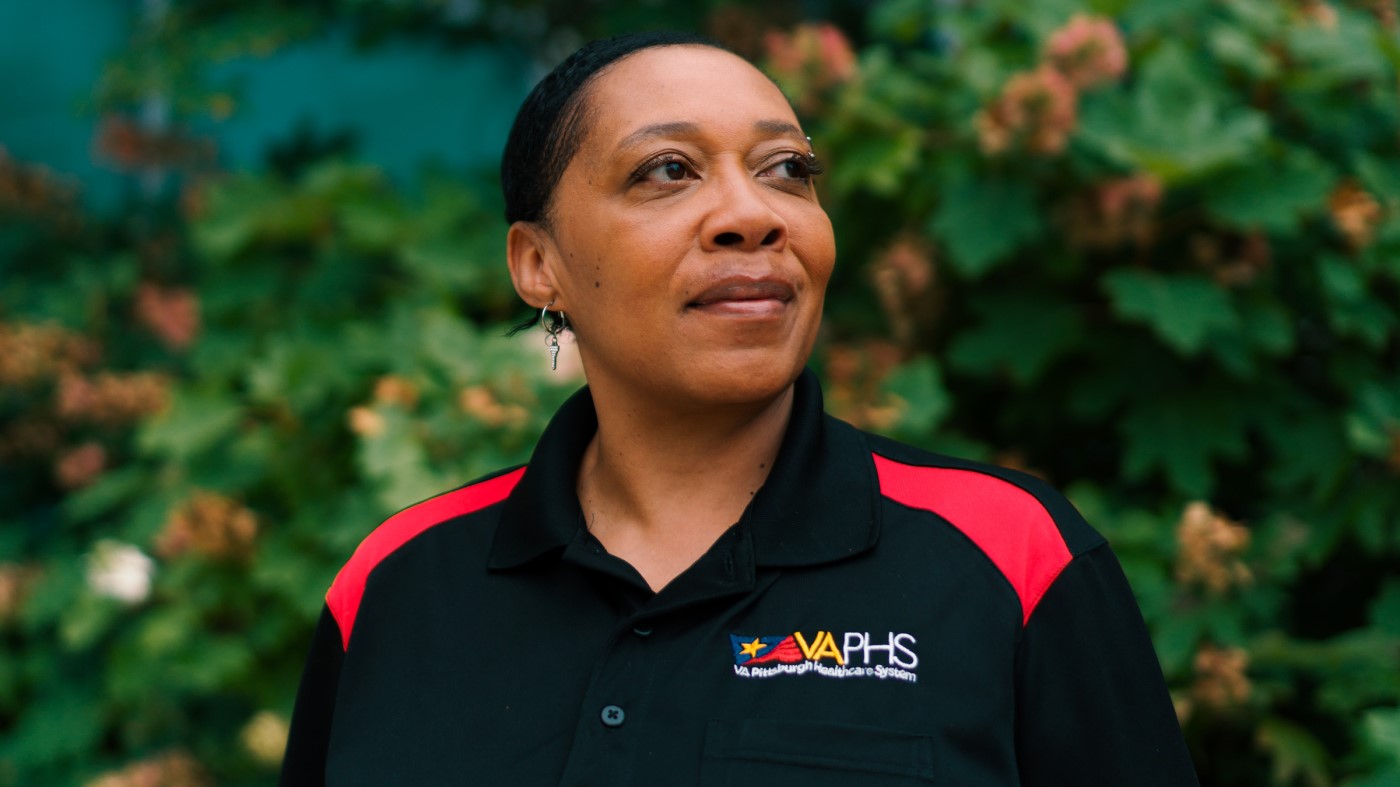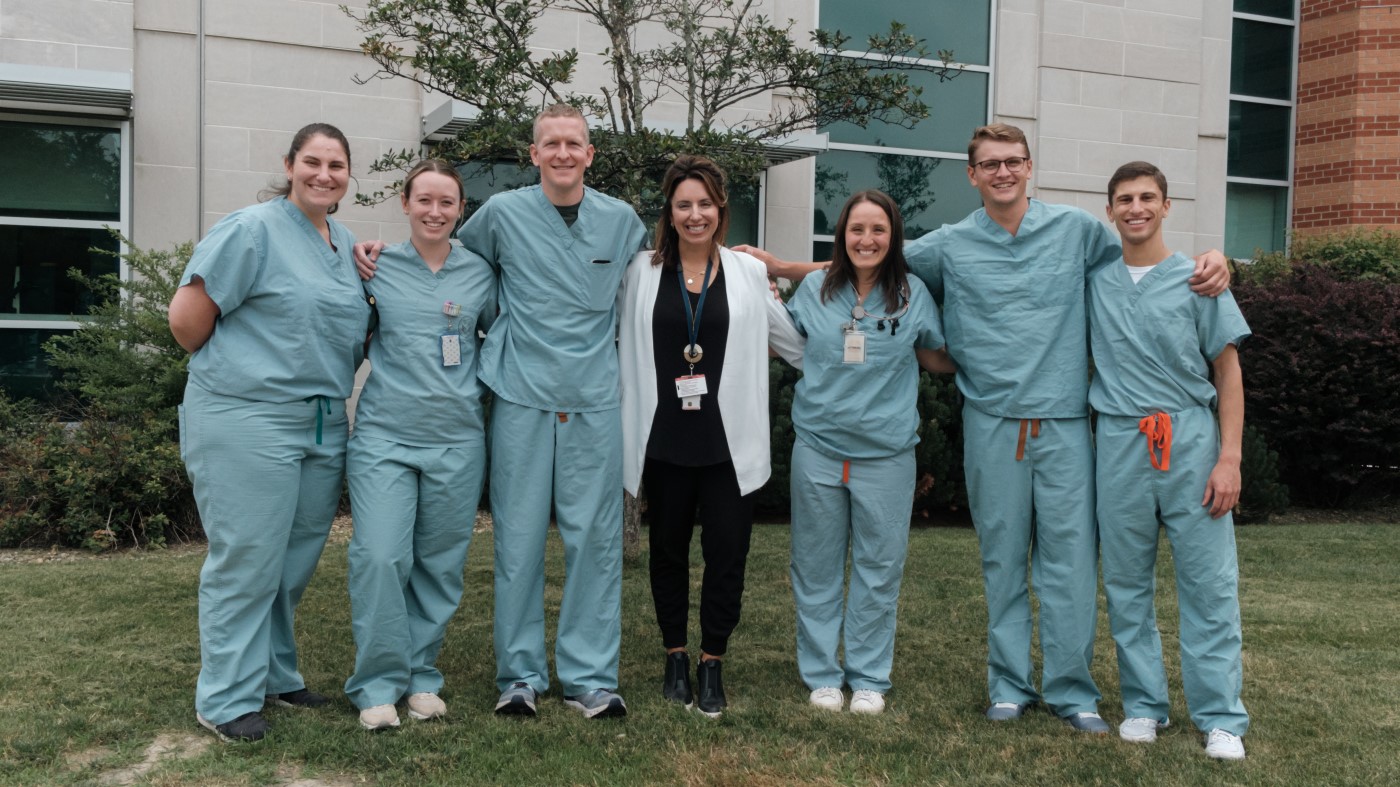If you’re a Veteran looking for your first civilian career at VA, you might have seen the term General Schedule (GS) in our job ads. What is it, and what does it mean for you?
At first glance, the GS classification system can be difficult to understand for those looking to translate their military skills to civilian government employment. Here, we’ll break down some of those classifications and help you figure out just what you’re looking at – and looking for.
The GS system
First, the basics. The GS classification system covers the majority of civilian federal employees, of which there are about 1.5 million worldwide, according to the U.S. Office of Personnel Management (OPM).
They work in all manner of professional, technical, administrative and clerical positions.
The system consists of 15 grades – from GS-1, the lowest level, to GS-15, the highest level.
A GS level is how the federal government ranks the qualifications and compensation for a position. In other words, a GS level defines who should be applying for a job, as well as what the hiring agency is willing to pay.
Each level also has 10 internal steps, which can be increased through positive performance and experience on the job. But if you’re just starting out, there are 4 easy ways to compare your qualifications to the appropriate GS level: your education, your experience, your military rank, and by the advertised position.
Translating your education
If you’re going by education, a GS-1 is the kind of job that requires no formal education. As you move up, GS-2 and GS-3 positions require a high school diploma or equivalent.
For GS-4 through GS-7 positions, you’re going to want college credit of some kind, whether it’s an associate degree or a bachelor’s degree.
Once you start looking into GS-9 and above, a master’s degree may be required, though positions beyond the GS-11 level are often (though not always) reserved for advanced degrees or even doctorates, depending on the position.
Experience matters
Just like a formal education, experience matters. Like any employer, we need individuals who are well qualified for the jobs they hold, and we’ll evaluate how closely your background matches with the job qualifications and requirements.
This evaluation can include your work experience, accomplishments and training. In some cases, you can substitute experience related to the job for education or to qualify for a higher grade.
Using your military rank
There is also a way to apply rough outline of rank structure to GS level. GS-1 through GS-4 is equivalent the rank E-1 through E-4. A GS-5 position would equate to E-5 or E-6, depending on the position. GS-6 then compares to E-7, GS-7 to E-8, and GS-8 to E-9.
Above GS-8 begins incorporating the knowledge and experience of officer classes. An O-1 roughly translates to GS-9, and O-2 to GS-10 or GS-11. The rank of O-3 compares to a GS-12 level, while O-4, O-5, and O-6 translate to GS-13, GS-14, and GS-15, respectively.
Warrant officers (WO-1 through WO-5) can fall anywhere between GS-9 and GS-12, depending on your career and the parameters of the job.
Categorization by position
You can also look at how GS classifications translate into the kind of work you’ll be doing within your agency. While there is room for interpretation based on the agency and its needs, the following is a good rule of thumb when you’re first digging into government jobs.
- GS-3 or GS-4: Typically internships or student jobs
- GS-5 to GS-7: Most entry-level positions
- GS-8 to GS-12: Mid-level positions
- GS-13 to GS-15: Top-level supervisory positions
Positions beyond GS-15 are part of the Senior Executive Service, which is for executive management and agency oversight within the government.
Work at VA
Now that you’ve got a better grip on what you’re looking at when you search through jobs listings, it’s time to translate that into a new opportunity!
- LEARN what VA has to offer Veteran applicants.
- EXPLORE how your military service adds to your qualifications.
- READ about our scholarship programs and consider moving up the scale.
- APPLY for jobs at VA.
NOTE: Positions listed in this post were open at the time of publication. All current available positions are listed at USAJobs.gov.
Topics in this story
More Stories
Whether it’s access to the great outdoors or a calmer pace in your everyday life, you can find it in rural VA communities around the country.
If you’re looking for an opportunity to provide care to Veterans outside a traditional clinical setting, Home Based Primary Care (HBPC) is a great option.
A key part of your job search is finding the right fit for you and your skills, and workplace culture can impact that dramatically.






